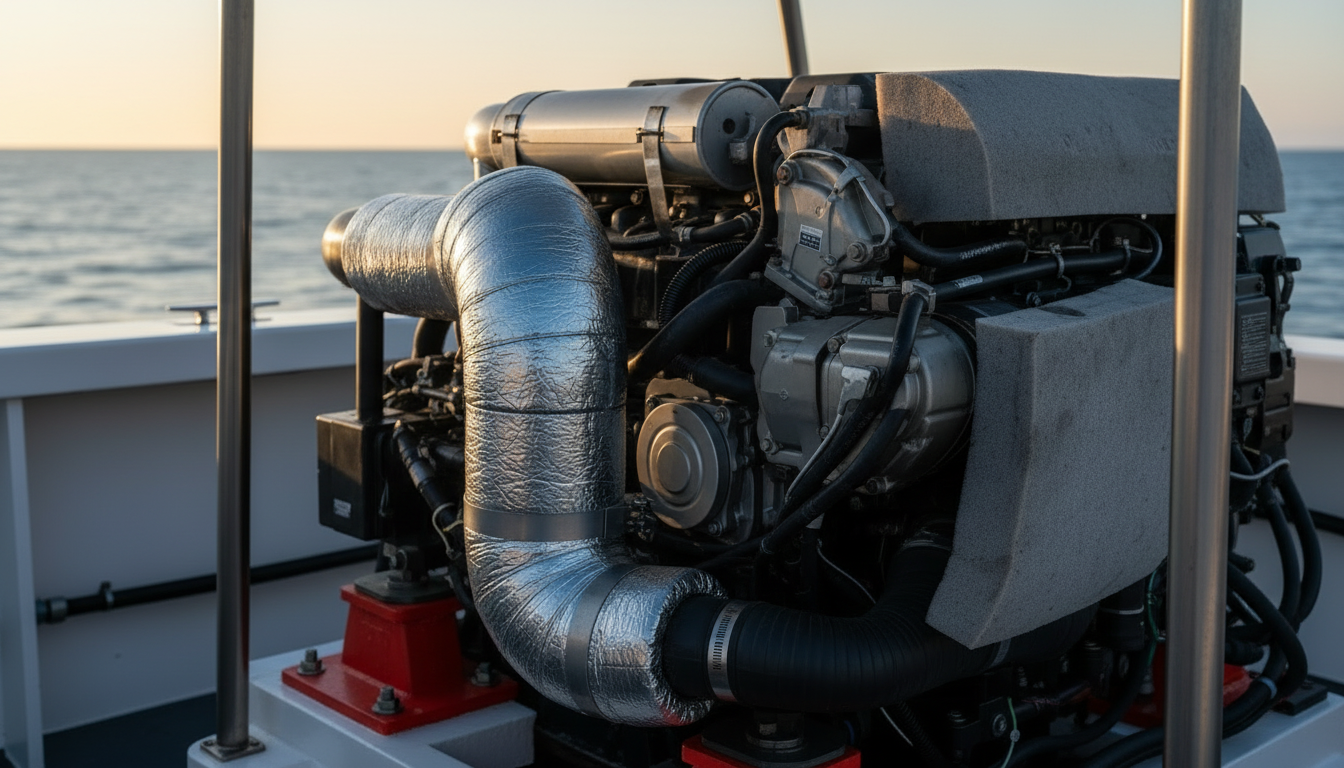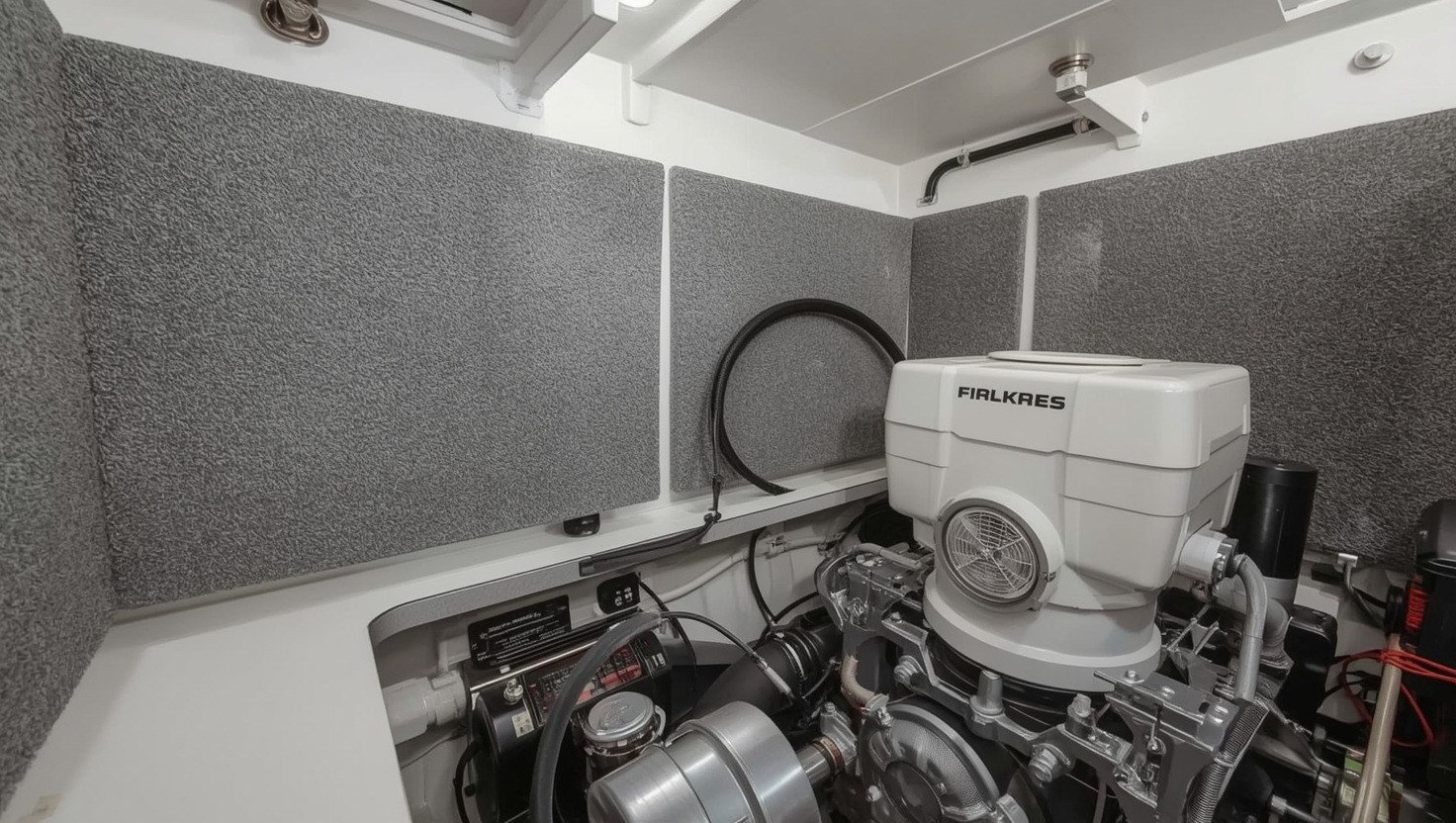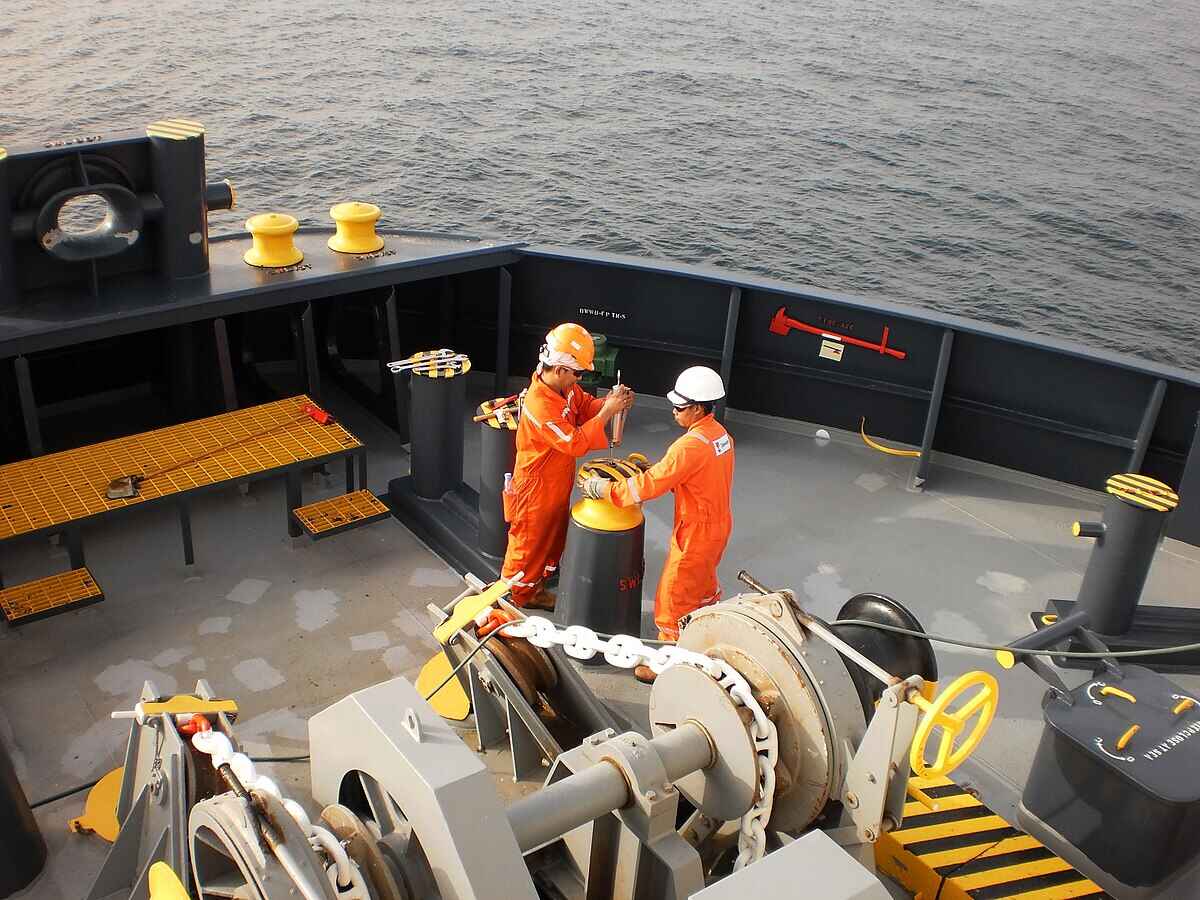Picture yourself out on the water, the sun blazing or a chilly wind whipping across the deck. Your boat’s working hard, but without proper thermal insulation, it’s fighting a losing battle against heat, cold, and moisture. Insulation isn’t just some extra layer it’s like a trusty first mate, keeping your engine, pipes, and cabins in check. It saves fuel by holding temperatures steady, quiets the engine’s roar, and stops saltwater corrosion from eating away at your vessel. I’ve seen boats transformed by good insulation, running smoother and lasting longer, no matter if you’re cruising for fun or hauling cargo through rough seas.
What Marine Thermal Insulation Really Does
Saving Energy and Your Wallet
Insulation is like a cozy blanket for your boat’s systems, keeping heat where it belongs and cool air from sneaking out. This means your engines and HVAC don’t have to work overtime, burning less fuel and cutting down on those eye-watering marina bills. I remember chatting with a fisherman who swore his fuel costs dropped 20% after upgrading his insulation it’s that kind of real-world impact that makes this stuff worth it. Plus, it’s a win for the planet with fewer emissions.
Shielding Against Rust and Wear
Saltwater’s brutal, and I’ve seen it chew through metal like it’s nothing. Good insulation stops moisture from pooling on pipes or hulls, which is a big deal for preventing rust. It’s not glamorous, but checking your insulation during Boat Maintenance can save you from a nightmare repair down the road. If you’re Googling “Boat maintenance near me,” find someone who knows insulation it’s like giving your boat a longer, healthier life.
Picking the Right Insulation for Your Vessel
Materials That Stand Up to the Sea
I’ve poked around engine rooms and seen everything from foam to fiberglass keeping things tight. Foam’s great for tight spots since it doesn’t soak up water, while fiberglass handles scorching engine heat like a champ. There are even fancy composites now that laugh off UV rays and salt. The trick is matching the material to your boat whether it’s a sleek yacht or a workhorse trawler, you need something that fits just right and holds up.
Doubling Down on Quiet and Comfort
Ever try to relax with an engine rattling your teeth? Insulation can hush that noise, making your time on the water way more pleasant. It also cuts down on vibrations that shake bolts loose over time. I was on a buddy’s boat last summer, and the difference after he added soundproofing insulation was night and day felt like a luxury liner. It’s a simple fix that makes Boat Maintenance feel like less of a chore.
Getting It Done Right
Why Pros Make a Difference
Installing insulation isn’t just slapping on some foam. It’s about getting every nook sealed tight so heat and moisture don’t sneak through. I’ve seen DIY jobs go wrong gaps here, loose bits there and it’s a mess. A pro who knows marine systems can make it airtight and up to safety codes. If you’re hunting for Boat maintenance near me, ask about their insulation experience; it’s worth the extra call.
MarineCoat knows their stuff when it comes to marine thermal insulation, offering custom fixes like pipe wrapping and soundproofing that make boats run better and last longer. They’re all about using top-notch materials to fight corrosion and save energy, with a knack for tailoring solutions to your vessel’s needs think vibration control and water damage protection. Their focus on getting it right for customers means your boat’s ready for anything the ocean throws at it.
Keeping It in Top Shape
Don’t just set it and forget it. Check your insulation when you’re doing Boat Maintenance look for tears or soggy spots that could spell trouble. A quick wipe-down with the right cleaner keeps it working like new, and swapping out worn sections early can save you big. I learned this the hard way when a small leak turned into a pricey fix. Stay ahead of it, and your boat will thank you with smooth sailing for years.







